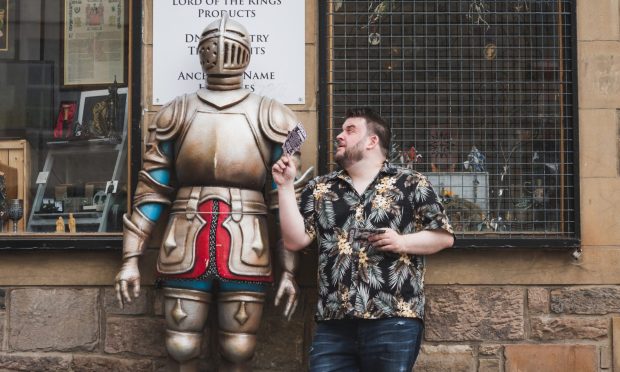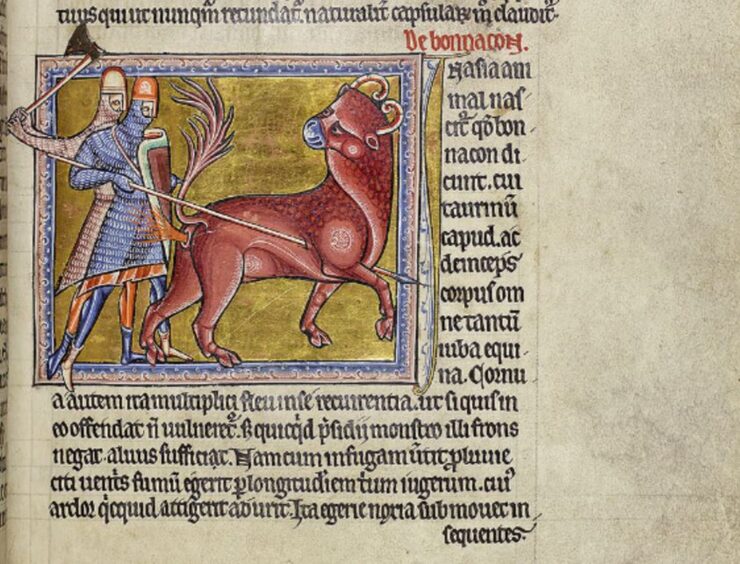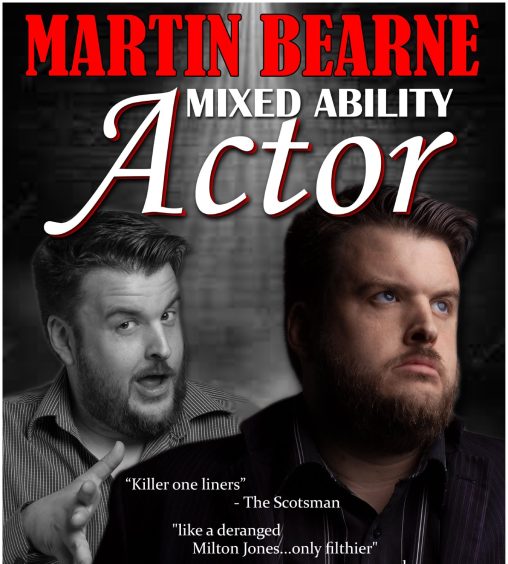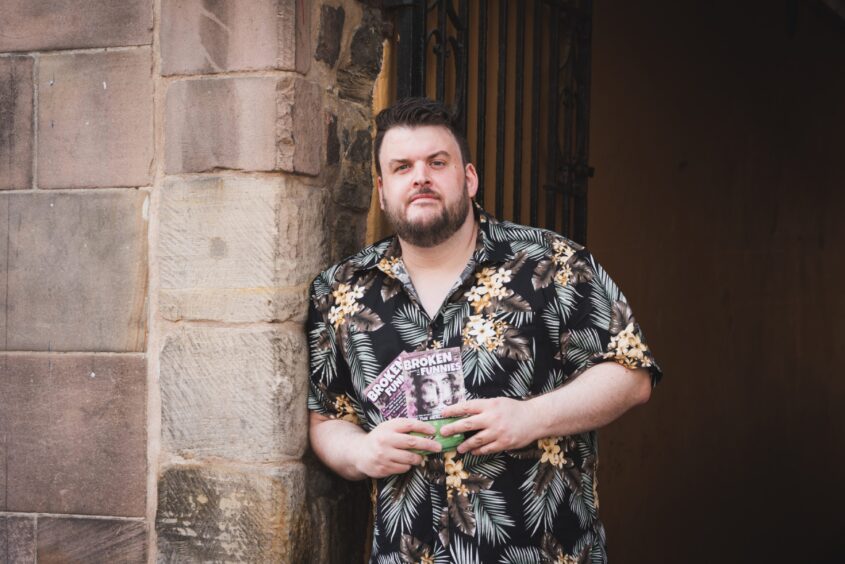In terms of the oldest animal joke, one does not have to look further than Aberdeen.
In the care of the University of Aberdeen is a fictional ox-like Bonnacon (a mythical, bull-like beast) in a medieval manuscript which sprays attackers with hot, smelly acid from its rear.
Believed to be more than 800 years old, the creature captured the attention of the BBC after journalist and satirist Ian Hislop featured the beast as part of his hunt for Britain’s oldest jokes.
While the image is amusing, it is very different from the funny animal gifs that populate our group chats.
But has our humour truly evolved from fart-spraying animals or are we simply using different media?
A lot of similarities in medieval culture
To find an expert in older comedy, we spoke with senior lecturer in Scandinavian Studies at the University of Aberdeen, Dr Hannah Burrows.
Although she works mainly on medieval Icelandic literature, culture and history, her Masters dissertation was on humour in the Icelanders’ sagas.
The sagas are a series of stories that were written in the 13th and 14th Century by Icelanders narrating their ancestors’ history in a heroic way.
And it turns out, it is not all just violence and fart jokes.
She said: “The sagas are really stories about feud and conflict so there’s quite a lot of dark humour.
“I think one thing that’s really striking is the similarities.
“There’s a lot of understatement and irony in the Sagas.
“[For example] somebody announces the killing of a woman’s husband by saying, ‘I’ve arranged it so you can get married a second time.’
“They’re not outrightly stating the situation and more underplaying it.”
Evidence of dad jokes and inspiration for Monty Python
Other examples of familiar comedy found include social satire which criticised corruption, the aestheticising of death, puns, wordplay and even the dreaded dad jokes.
“It was nice to find there was evidence for a lot of different types of humour and a lot of different things at stake,” she said.
“I think it’s really valuable because it does show another part of human experience, but also it shows a lot of social concerns. What people are making jokes about tells you what they’re worried about in a sense.”
Hannah added it has inspired a lot of content people might be familiar with today.
For example in Monty Python and the Holy Grail where a knight gets a few limbs cut off and still tries to keep fighting.
“You can see where they got the material from,” Dr Burrows added. “It’s very similar to what happens in the sagas.
“It’s exaggerated, but the sagas are a little bit like that, people lose limbs but they’re still behaving really heroically.
“So I think it has actually had a direct impact on some of our popular culture today.”
Stand-up comedian Martin Bearne
The basics of comedy appear to be timeless but many would argue cancel culture and social media might be changing that.
As one of those seeking to make people laugh in today’s world, actor and comedian Martin Bearne is aware of the ups and downs.
Enjoying his first on-stage laugh as Bottom in Ellon Academy’s A Midsummer’s Night Dream as a teen, Martin was hooked.
The 38-year-old has since hosted shows at the Edinburgh Fringe Festival like Broken Funnies in 2022 which he is turning into a podcast later this year and appeared on shows like BBC Scotland’s The Comedy Underground.
But the Ellon comedian said it is not always a walk in the park.
For every run of good gigs, there are of course the awkward moments.
Whether that is ringing phones, his own mood on the night affecting the show, heckles or stag parties leaving on masse to take drugs in the bathroom, it can be unpredictable.
Remembering one particular heckle in Glasgow, he added: “Years ago I had one woman heckle me saying: ‘Can you sing?’ and I said no. And she said ‘Well, you can’t do comedy.’ The whole place erupted, it was brutal.”
TikTok and the rise of brave hecklers
In terms of challenges facing acts today, he said the problem is not cancel culture but TikTok.
With the rise in comedians on the platform showing crowd work to not burn their gig material, Martin has noticed a rise in hecklers thinking they are helping the act.
He explained: “Oftentimes a heckle can really screw up our gig because none of the acts can pause and play about with the room and silence.
“I think TikTok has created a whole nation of people who want to go viral getting destroyed by a comedian.
“It’s quite interesting. I think it’s created a lot more demand for a certain type of comedy.
“For me, it’s about going to watch a performance and getting lost in it. If you’re sitting there thinking I’m going to heckle him…you’re not there for the right reasons I think.”
When asked about cancel culture he said there is a difference between people trying to be “edgy” and using humour to disguise prejudice but added: “Often people talk about cancel culture but to be honest, I don’t think it really exists in comedy.
“It’s just about being called out if you say something that’s not acceptable nowadays having a dialogue.
“I think comedy has got to change and it’s interesting to see it in real time.”






Conversation